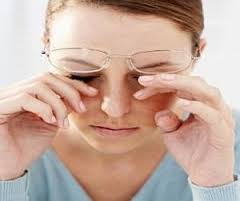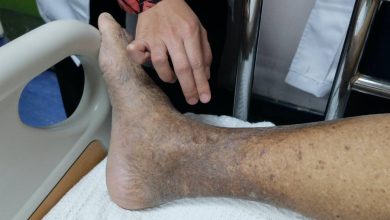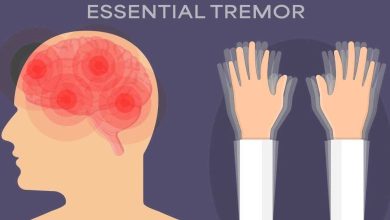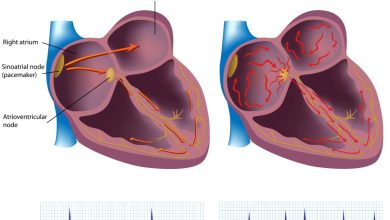Eyestrain Causes, Symptoms, Diagnosis and Treatment

What Is Eyestrain?
Also known as asthenopia, eyestrain is an ophthalmological condition that is marked by nonspecific symptoms. Such symptoms range from fatigue to occasional double vision.
When an individual concentrates on a visually intense task, the ciliary muscles of the eye become taut. This may cause the eyes to get irritated and causes discomfort. The problem can be solved by focusing on a distant object.
Similar problems can result due to a CRT computer monitor with a low refresh rate since the image has a visible flicker which contributes to eye fatigue.
Rarely a serious condition, eyestrain usually gets better if one gives eyes some rest. However, sometimes it can be symptom of an underlying medical condition that may need proper treatment. Such treatment should be sought if eyestrain persists even after precautionary measures are taken.
Causes Of Eyestrain:
Any activity which requires intense use of eyes may cause eyestrain.
Possible causes may include:
- Extended use of a computer or video monitor
- Straining to see in very dim light
- Exposure to extreme brightness or glare
- Lack of blinking, which may cause dry eyes
- Looking at digital device screens constantly for a long time period
- Driving long distances and doing other activities involving extended focus
- Being stressed or fatigued
- Exposure to dry moving air from a fan, heating or air-conditioning system
- Visual problems, including refraction error, accommodation insufficiency
- Writing for an extended time period
Symptoms Of Eyestrain:
Signs and symptoms of eyestrain include:
- Sore, tired, burning or itching eyes
- Watery or dry eyes
- Blurred or double vision
- Headache
- Sore neck, shoulders or back
- Increased sensitivity to light
- Difficulty concentrating
- Inability to keep the eyes open
Diagnosis Of Eyestrain:
The diagnosis of eye strain is made by an oncologist or physician by examining the medical history of the patient as told by the patient and by the absence of any serious eye disease.
There are no specific diagnostic tests to prove that the symptoms are indeed due to eye strain. There are no methods to objectively measure the degree of eye strain. A diagnosis is reached via absence of other eye conditions.
Treatment Of Eyestrain:
Commonly, treatment involves making changes in the environment and daily habits of the affected individual.
- Removing all light sources from a room, and allowing the eyes to relax in the darkness
- Cool compresses, to relive discomfort
- Use of computer glasses
- Taking breaks from activities which cause eye strain
Related Articles:
5 Foods for the Eyesight and Eye Health
Eye Floaters Causes, Symptoms, Diagnosis and Treatment
Vitamin C – Using Oranges May Cure Eyesight
Pink Eye (conjunctivitis) Causes, Symptoms, Diagnosis and Treatment
Rapid Eye Movement Sleep Symptoms, Causes, Diagnosis and Treatment
Eye Melanoma Symptoms, Causes, Diagnosis and Treatment
Eye Bags Symptoms, Causes, Diagnosis and Treatment
Dry Eyes Symptoms, Causes, Diagnosis and Treatment
Trachoma Causes, Symptoms, Diagnosis and Treatment
Natural Remedies for Retinal Vein Occlusion to Help Relieve Itchy Eyes
Fungal Eye Infection Causes, Symptoms, Diagnosis and Treatment
By : Natural Health News




